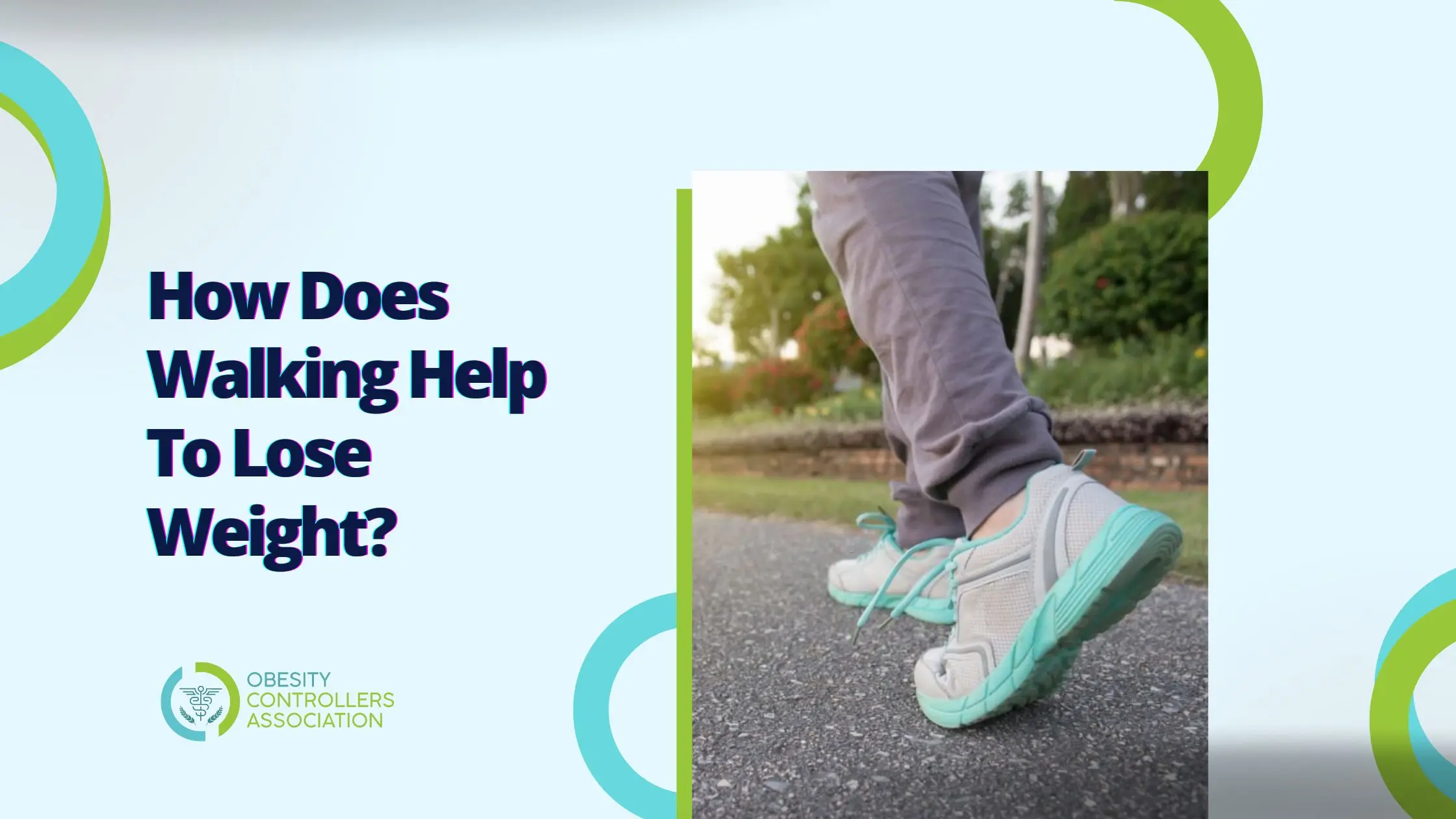Walking And Weight Loss: One Small Step Into Fitness!

Walking is one of the most significant ways to lose weight that you can do on your own time without equipment. A few steps a day goes a long way in maintaining weight and helping form a good habit. It is the most recommended activity by doctors as well as fitness experts.
In this post, we’ll go over how walking assists in weight loss in depth. Without further ado, let’s get right into it.
How Does Walking Help To Lose Weight?
Walking is an excellent and easy way to lose weight. Walking for at least 30 minutes daily significantly burns calories and helps you lose weight. While walking, the entire body is active. It stretches and strengthens the muscles and helps in better respiration and circulation. Walking also aids digestion, thus helping reduce bloating.

The amount of calories burnt depends on the pace and time you walk. So walking briskly for 30 minutes burns more calories than a stroll of the same duration. However, it is not advisable to overwork yourself when you start walking. It is best to pick up the pace and time gradually. Walking ensures that calories are burned throughout the body, not in any specific part.
Daily walks and a healthy diet are the best way to lose weight with the least effort. Exercise such as walking also helps to preserve the lean muscles in the body and concentrates more on burning the fat without muscle loss. This also helps in maintaining the weight for a longer time.
Other Health Benefits Of Walking
Walking offers several health benefits besides weight loss. It is one of the best cardio practices and strengthens the heart muscles. This helps to pump blood better. It also expands lung capacity and together helps in reducing blood pressure. A good walk also helps balance cholesterol levels.
Walking helps calm the mind and organize ourselves. This is also why people always suggest walking when we feel overwhelmed. It also improves memory, helps sleep better, encourages productivity, and helps to de-stress. Walking is a good activity for persons with depression and anxiety.
Walking stretches out and strengthens the muscles. This makes it an effective remedy against body aches. It is an effective exercise for persons who have undergone an injury or are recovering from some surgery. It helps to strengthen the body and helps to speed up the recovery process. Other benefits of walking are that it boosts immunity, helps think, aids digestion, prevents varicose veins, and reduces joint pain.
What Are The Different Types Of Walking?
Over the years, fitness experts have developed different types of walking that significantly help weight loss. The most common types are brisk, power, marathon, hiking, race, and treadmill walking. Each of these types requires varying amounts of energy and time. This helps us burn calories in a lesser amount of time and thus aids in weight loss.
- Be aware of your surroundings. Make yourself visible to traffic.
- Walk on the sidewalks or in safe spaces
- Do not attempt to brisk walk if you have cardiac or respiratory distress
- Take breaks in between
- Wait to drink water immediately after walking. Wait for your heartbeat and breathing to return to normal.
- Consult a medical professional if you have any health concerns.
- Always stay hydrated
- Keep your medical information on you if you have any concerns.
- Notify someone of your walk and your route.
Walking Plan For Beginners
FAQs
While 10,000 steps are popularly mandated for healthy living, it is unnecessary. Ten thousand steps are ideal, but there is no problem if you walk lesser than that.
Yes. Walking has been found to significantly help those suffering from depression, anxiety, and other mental ailments. It calms the mind and helps organize our thoughts. Besides, walking also helps destress the body and mind.
No, The best effects of walking come from walking for at least 30 minutes daily. However, if you take a break, supplement your walk with another activity.





